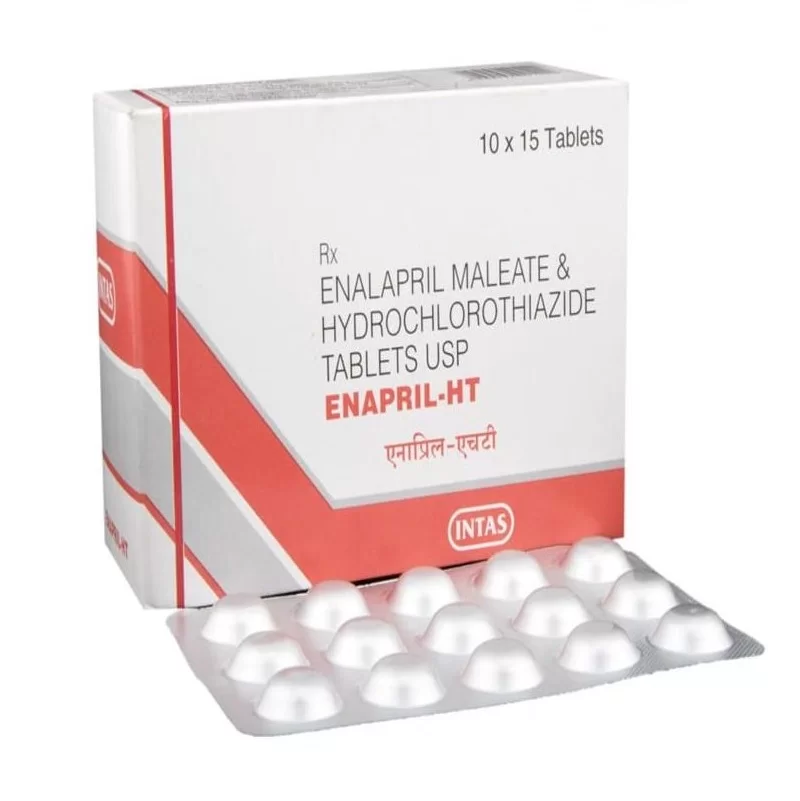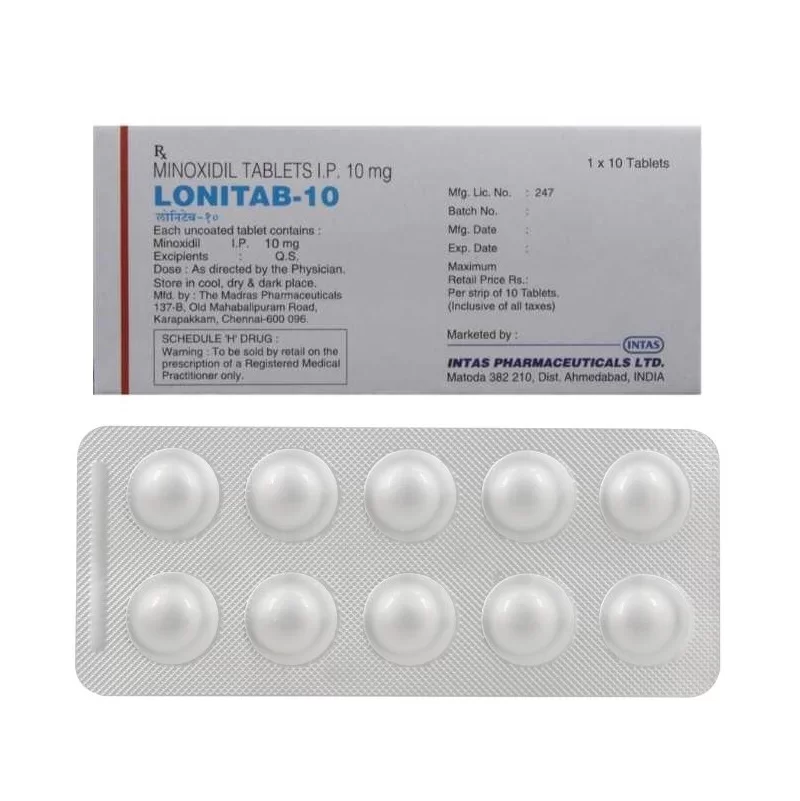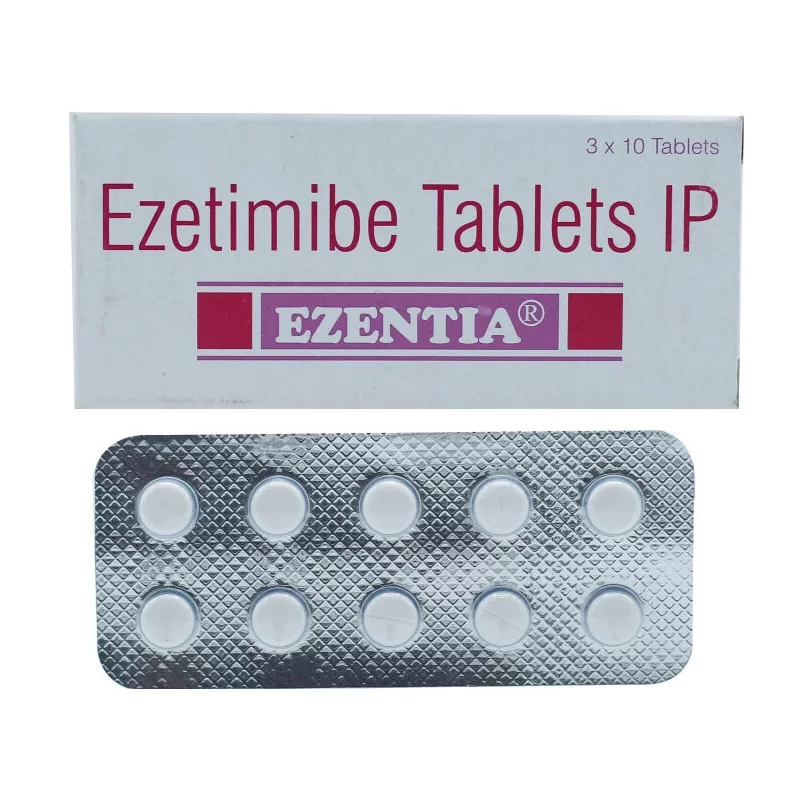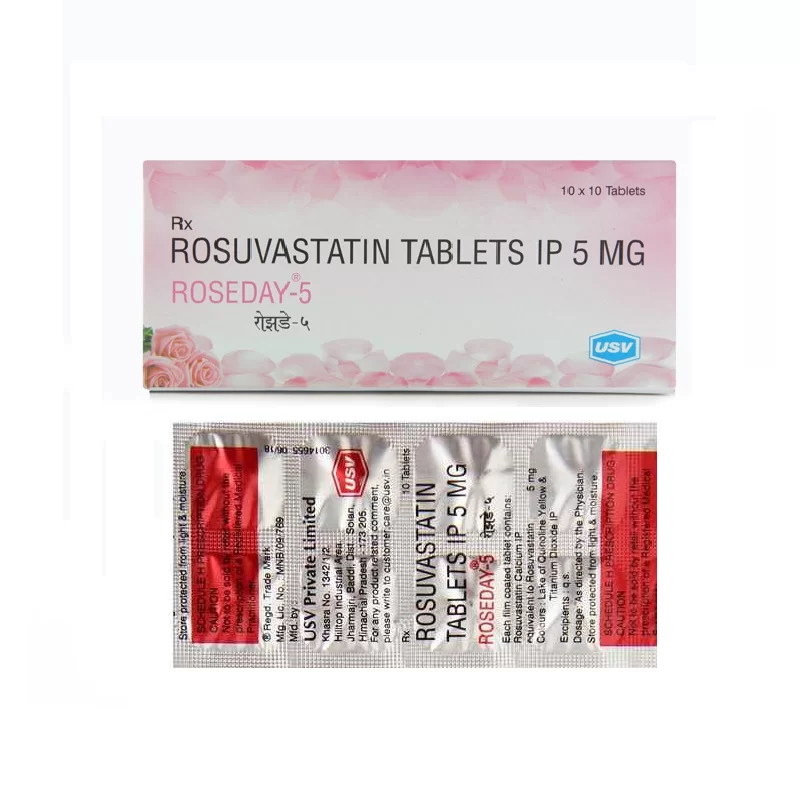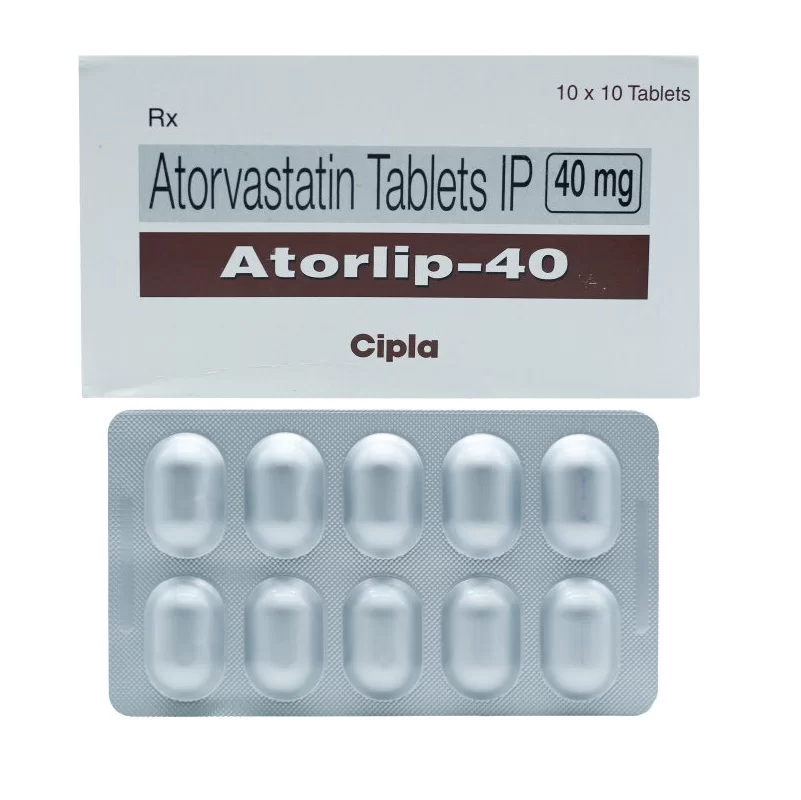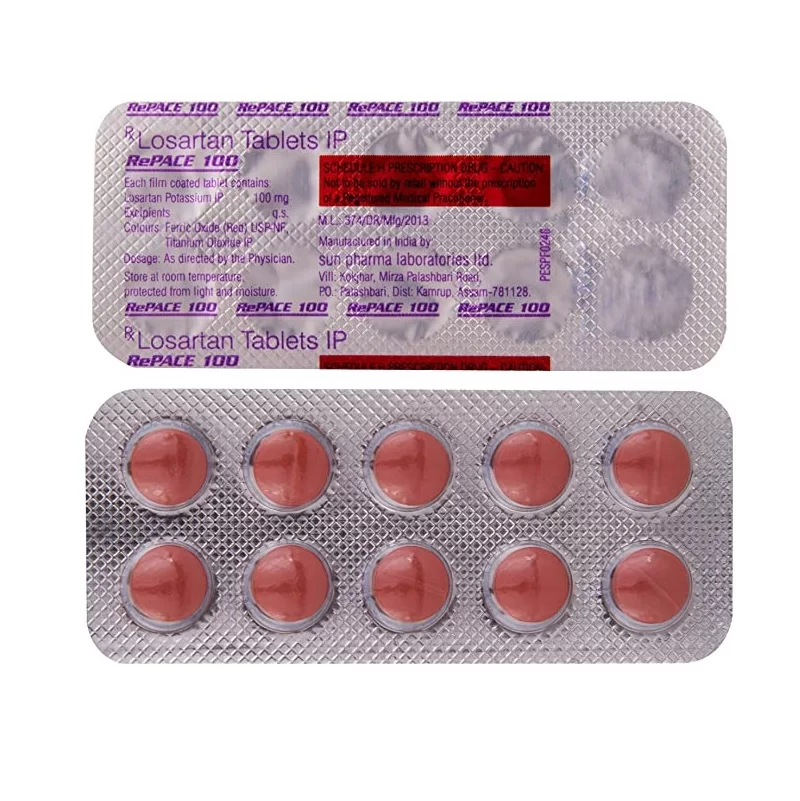Description
Ramipres 1.25mg: A Comprehensive Guide to Managing Hypertension
Introduction
Welcome to our comprehensive guide on Ramipres 1.25mg, a highly effective medication for managing hypertension. In this article, we'll delve into the intricate details of Ramipres 1.25mg, its mechanism of action, potential side effects, recommended dosage, and why it's the top choice for hypertensive patients seeking effective treatment. Let's dive right in!
What is Ramipres 1.25mg?
Ramipres 1.25mg is a potent antihypertensive medication that belongs to the class of ACE inhibitors. It is prescribed to patients with high blood pressure (hypertension) to control their blood pressure levels and reduce the risk of associated complications. The active ingredient in Ramipres 1.25mg is Ramipril, which works by relaxing and widening blood vessels, allowing for smoother blood flow and decreased pressure on the arterial walls.
The Mechanism of Action
Ramipres 1.25mg exerts its therapeutic effects through the inhibition of angiotensin-converting enzyme (ACE). ACE is responsible for converting angiotensin I into angiotensin II, a potent vasoconstrictor that leads to narrowed blood vessels and increased blood pressure. By inhibiting ACE, Ramipres 1.25mg prevents the formation of angiotensin II, resulting in vasodilation and reduced blood pressure.
Benefits of Ramipres 1.25mg
1. Effective Blood Pressure Control
Ramipres 1.25mg has shown remarkable efficacy in lowering blood pressure levels in both mild and moderate cases of hypertension. Clinical trials have demonstrated significant reductions in systolic and diastolic blood pressure, making it an ideal choice for hypertensive patients seeking reliable treatment.
2. Cardiovascular Protection
Hypertension is a major risk factor for cardiovascular diseases such as heart attacks and strokes. By effectively managing blood pressure, Ramipres 1.25mg plays a crucial role in reducing the risk of cardiovascular complications, thus enhancing the overall well-being of patients.
3. Kidney Protection
Uncontrolled hypertension can lead to kidney damage over time. Ramipres 1.25mg's blood pressure-lowering properties contribute to preserving kidney function, especially in patients with underlying kidney conditions.
4. Improved Quality of Life
As blood pressure is brought under control, patients often experience an improvement in their quality of life. Symptoms like headaches, dizziness, and shortness of breath, which are commonly associated with hypertension, are alleviated, allowing patients to lead more fulfilling lives.
Dosage and Administration
Ramipres 1.25mg is typically taken orally once a day, with or without food, as directed by a healthcare professional. It is essential to adhere to the prescribed dosage and follow the recommended schedule to ensure consistent blood pressure management. Patients should not adjust the dosage without medical advice, as doing so may compromise the effectiveness of the treatment.
Potential Side Effects
While Ramipres 1.25mg is well-tolerated by most patients, like all medications, it may cause some side effects. Common side effects include a persistent dry cough, dizziness, fatigue, and skin rashes. These side effects are usually mild and temporary, and they tend to resolve on their own as the body adjusts to the medication. However, patients experiencing severe or persistent side effects should seek medical attention promptly.
Precautions and Interactions
Before starting Ramipres 1.25mg, patients should inform their healthcare providers about any pre-existing medical conditions and ongoing medications. Certain medical conditions, such as kidney or liver disease, may require dosage adjustments or special monitoring during the course of treatment. Additionally, Ramipres 1.25mg may interact with certain medications, so it's crucial to provide a comprehensive list of all current medications to avoid potential drug interactions.
Conclusion
In conclusion, Ramipres 1.25mg is a highly effective medication for managing hypertension, providing patients with numerous benefits, including effective blood pressure control, cardiovascular protection, kidney preservation, and improved quality of life. It is essential to follow the prescribed dosage, be aware of potential side effects, and consult a healthcare professional to ensure safe and optimal treatment.





